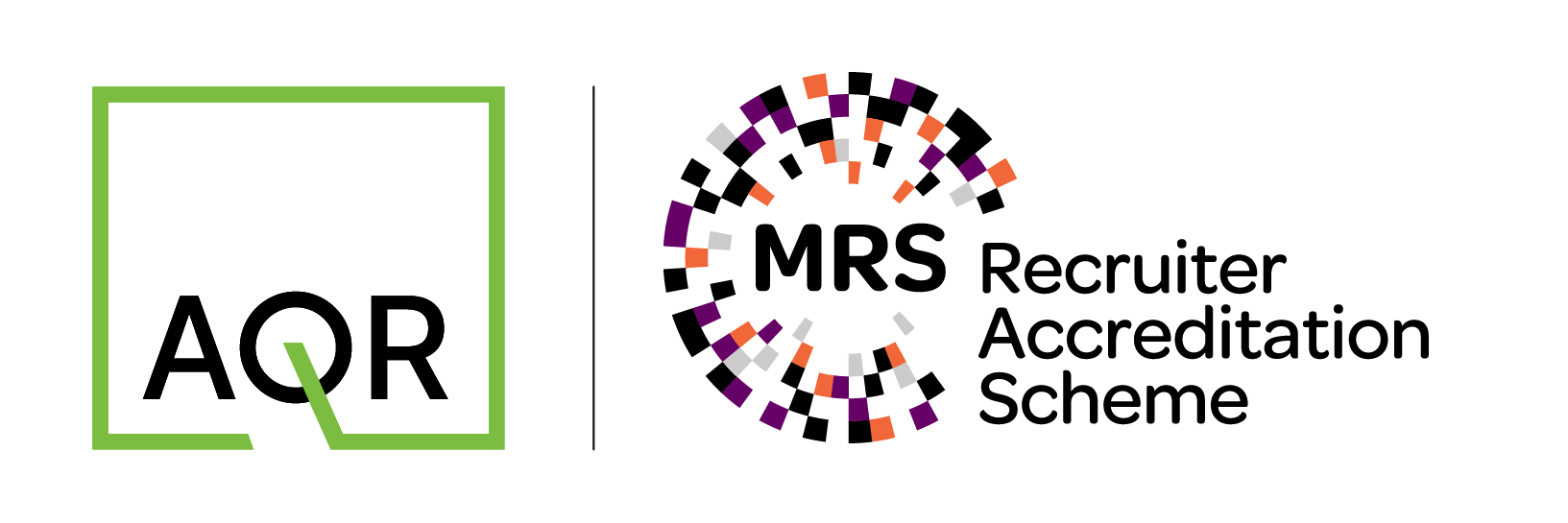All MRS websites use cookies to help us improve our services. Any data collected is anonymised. If you continue using this site without accepting cookies you may experience some performance issues. Read about our cookies here.
To enlarge video please either pause the video and then press the F key on your keyboard or select full screen button option located on the bottom right of the video.
You are currently not logged in. Any progress made will be lost.
General Recruitment Issues
Apps
Mobile apps, such as WhatsApp, are increasingly popular with researchers especially for pre-tasks. Ask your client to provide all the relevant information about such apps, including loading and unloading instructions across a wide variety of different types of devices (Samsung/Android, Apple, etc), and data protection/privacy implications, etc.
Participants should always be given full information about any apps that they are asked to install, especially if it is a new app or one that they are unlikely to have heard of.
They should be given a date for when they can uninstall any apps. Reminders should be sent to participants when the uninstall date is due.
Children
There are specific legal issues (including data protection – see separate module) which apply to children and internet services. As with other parts of research children must not be asked to use/do things which are not legal or are inappropriate for their age group e.g. currently children under 13 cannot register for a Facebook account and the minimum age for children to use WhatsApp is 13.
When children are asked to use social media as part of a research study, consent must be obtained from a responsible adult and children given full information of what they will be asked to do and any possible consequences of participation. See the MRS Guidelines for Research Children and Young People for further details about undertaking research with children.
Secure Data Transfer Mechanisms
Traditionally profiles and personal data were sent to and from clients using email. Now more and more clients are requesting that recruiters use specific secure data transfer portals. If you do not use a particular secure data transfer method when you have been asked to you could be in breach of any contract that you have with your client. If personal data and/or commercially confidential business data is lost, inappropriately accessed and/or misused during transfer you undertake, which is not in adherence with client contractual requirements, you may find yourself liable for any consequences which result.
Data Protection and GDPR
There are some efficient new ways of using digital media to assist in your recruitment processes. However before you use such resources investigate any risks, particularly for potential participants.
For example, If you use survey software as a link within your posts, to enable potential participants to answer screening questions, remember that you will probably collect a lot of personal data which means that GDPR and data protection requirements apply. To reduce your responsibilities it is advisable to delete these responses once the purpose for collecting the data no longer exists.
See the data protection module for full details about your data protection and GDPR responsibilities.


